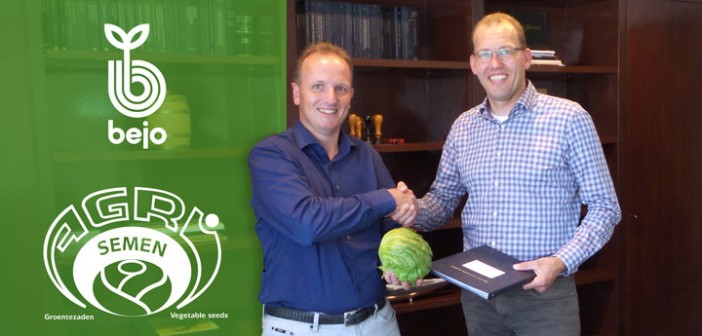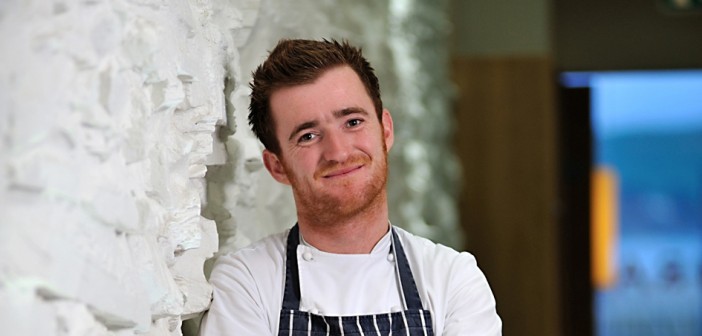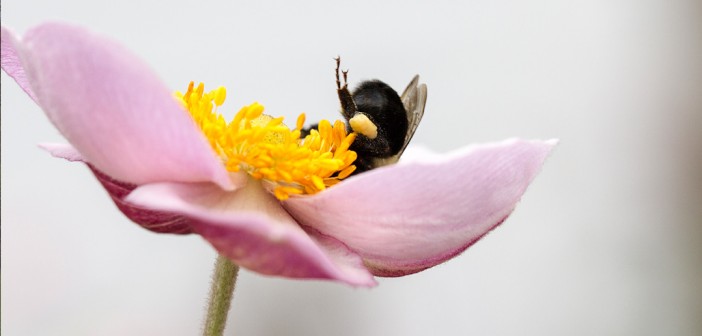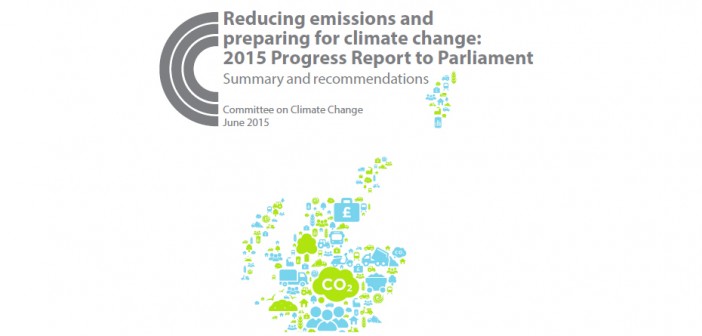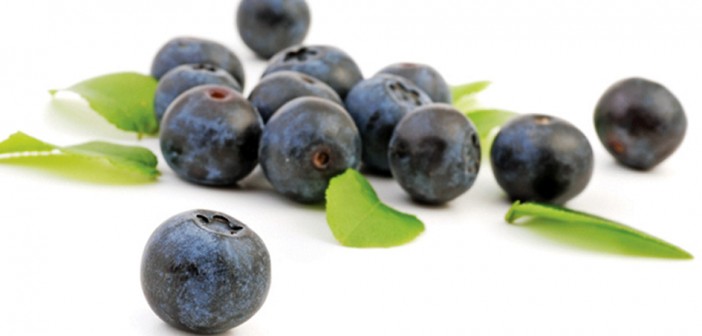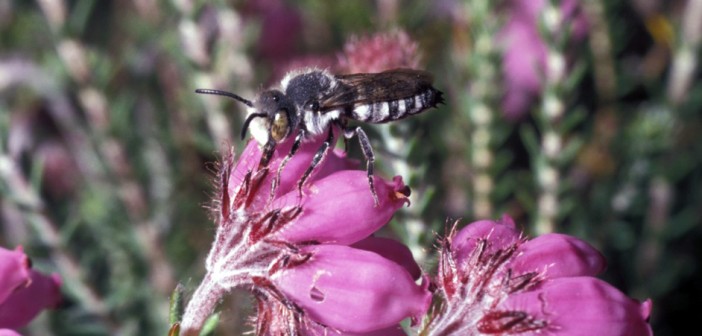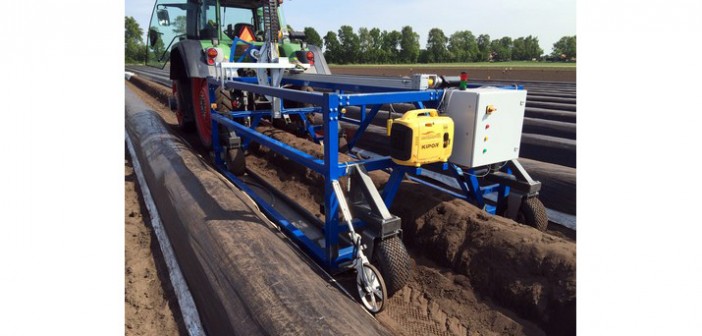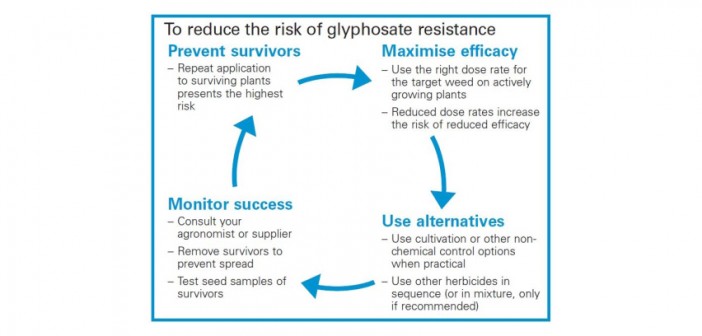Spain’s Aqua Maris Foundation, which describes its purpose as investigating the therapeutic properties and potential uses of sea water, has published a study suggesting that sea water can be used to maintain water levels for crops.
According to reports, the researchers considered two approaches. The first was to create a water table using sea water and the second is to develop salt-tolerant plants.
Focusing on the latter, the Foundation has maintained a garden since 2006 using the principles of irrigation using groundwater. “We still have much to learn and test, but we have already got rid of the myth that sea water kills plants. The important thing is to learn how to use it and become familiar to how it works for different types of soil,” say the researchers.
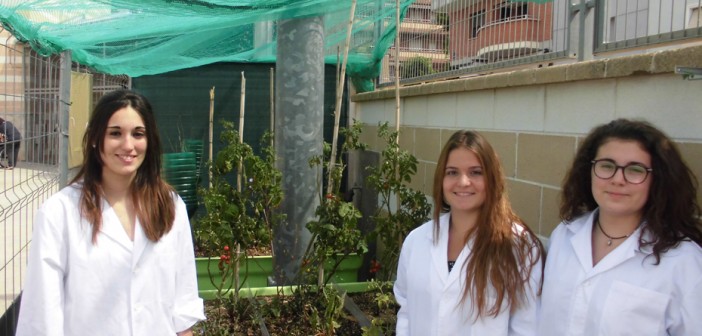
The post Irrigating crops with sea water appeared first on Hort News.
